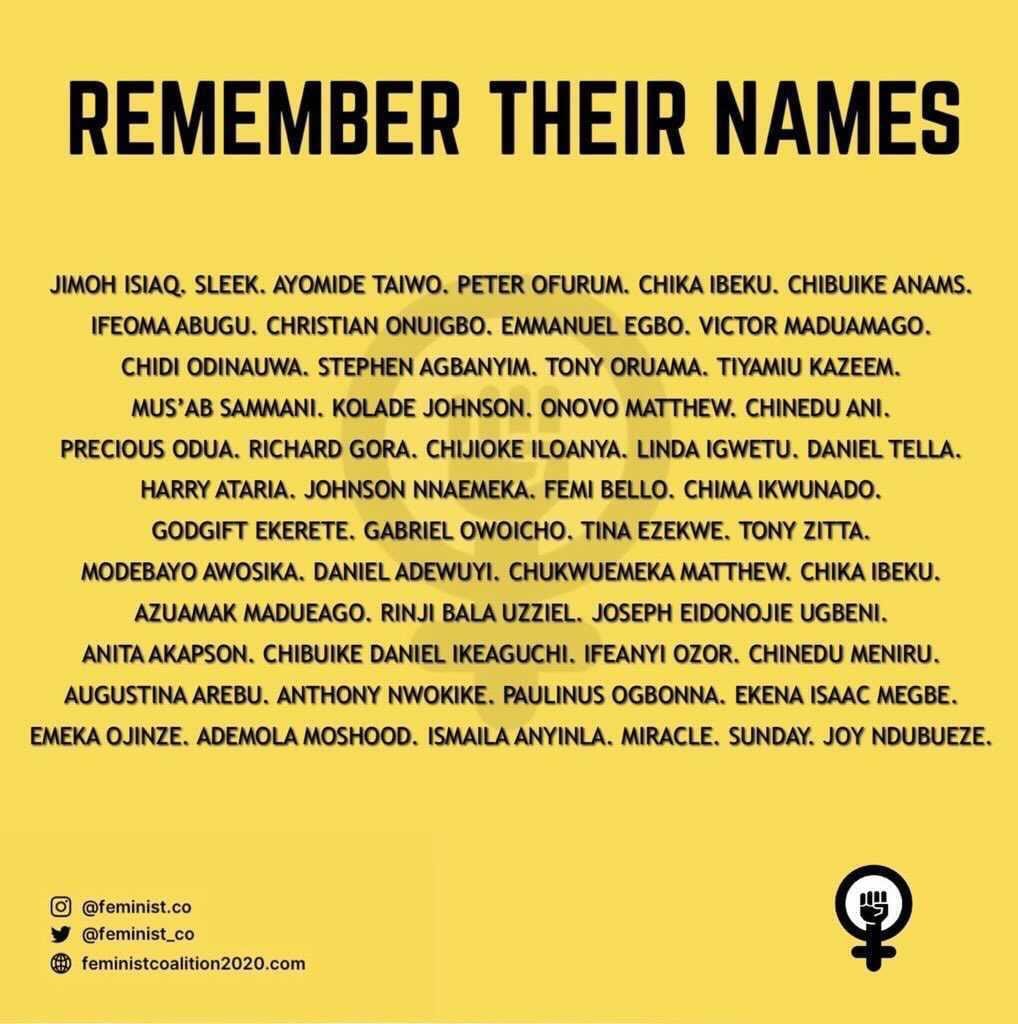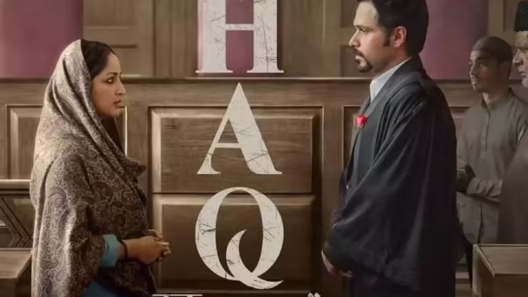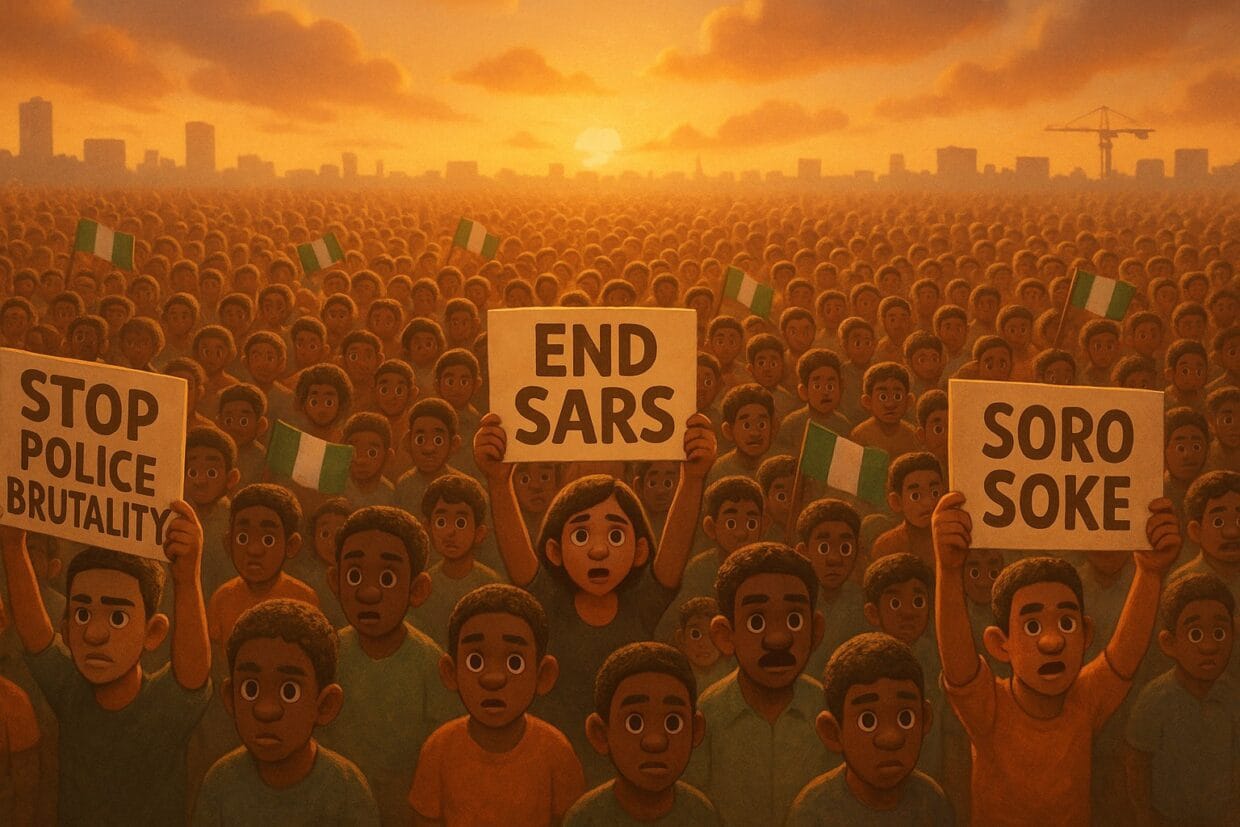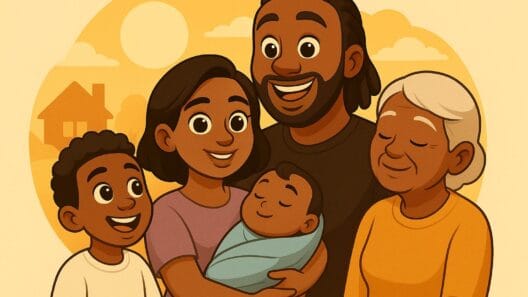Five years ago, Nigeria’s youth found their voice.
They filled the streets with courage, holding up placards that carried pain, hope, and truth. The message was simple — End SARS. But what it meant went far beyond those words. It was a cry for life, for justice, for freedom from the fear that had shadowed so many for so long.
Today, five years later, the chants have quieted, but the memories have not.
Table of Contents
The Promise That Faded
In October 2020, the world watched as Nigerian youths stood united against the Special Anti-Robbery Squad, a police unit meant to protect, but known instead for extortion, harassment, and brutality.
The government announced reforms. Statements were made, panels were set up, and promises were signed. Yet for many, little has truly changed. The system still feels the same, the uniforms, the fear, the silence that follows after someone says, “they picked him up.”
Even now, families are still asking for justice. Some are still asking for the bodies of their loved ones.
The Night That Changed Everything
October 20, 2020.
The night that turned from peaceful chants to horror. The Lekki Toll Gate, once a symbol of modern Lagos, became the scene of tragedy. The lights went out, the flag was raised, and gunshots followed.
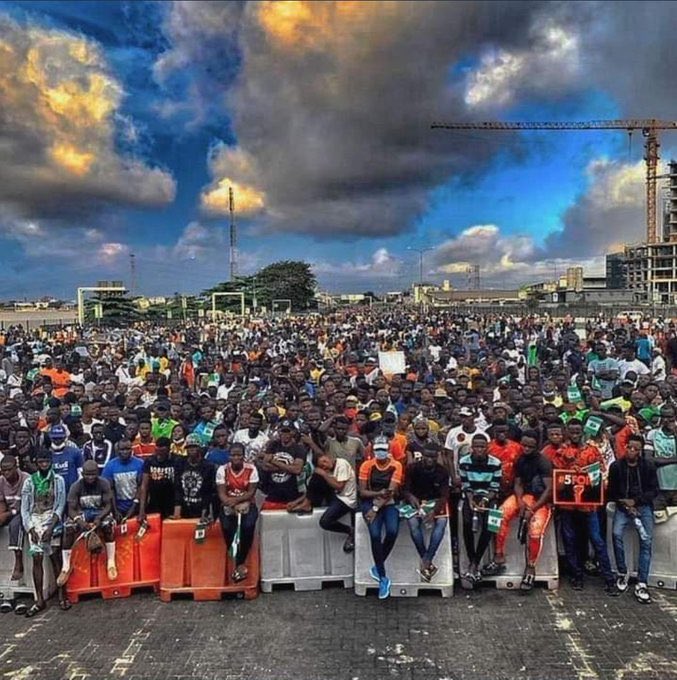
It’s hard to talk about End SARS without pausing there. Because behind every headline, there were faces. People who went out believing their voices mattered and never came back.
That night changed how an entire generation saw its country. It was the night innocence met reality, and faith met fire.
The Memory That Lives On
End SARS wasn’t just a protest. It was an awakening.
It redefined what it meant to be young and Nigerian. It reminded us that solidarity can look like a stranger bringing food to a protest ground, a medic treating the wounded, or a DJ keeping hope alive with music under the Lagos sky.
Even now, you can still see its impact in art, in music, in activism, in conversations. The pain became poetry. The grief became movement. The movement became memory.
Read More: Prices Are Rising and Life Feels Hard — How Do You Keep Going?
The Generation That Refuses to Forget
Five years on, the government might wish the noise would fade. But it hasn’t. The voices are quieter, yes, but they are deeper now, in policies, in documentaries, in songs, in small acts of defiance.
Many young Nigerians have turned that moment into a mission. Some started NGOs to fight injustice. Others built startups that create jobs, proof that our generation doesn’t just protest, we build.
We are not as loud as we were in 2020, but we are wiser, stronger, and more determined.
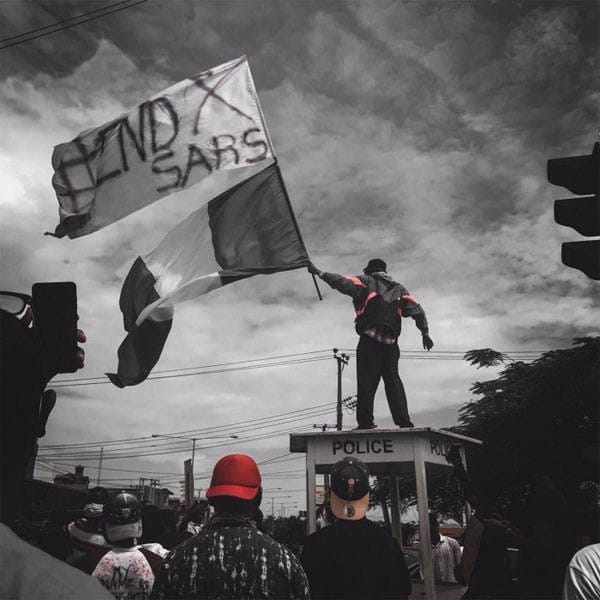
Why We Still Talk About It
Because forgetting would mean the pain was for nothing.
Because silence would mean the lives lost didn’t matter.
Because we still want a country where asking for justice isn’t seen as rebellion.
End SARS wasn’t just about police brutality, it was about accountability. It was about saying our lives matter too. And as long as justice remains undone, the story isn’t over.
Five Years Later — We Still Hope
Five years later, the scars remain, but so does hope.
Hope that one day justice will not need hashtags.
Hope that governance will finally match the courage of its people.
Hope that the next generation will inherit a country that listens, not silences.
Because the legacy of End SARS isn’t just about what we lost. It’s about what we found — our voice.
